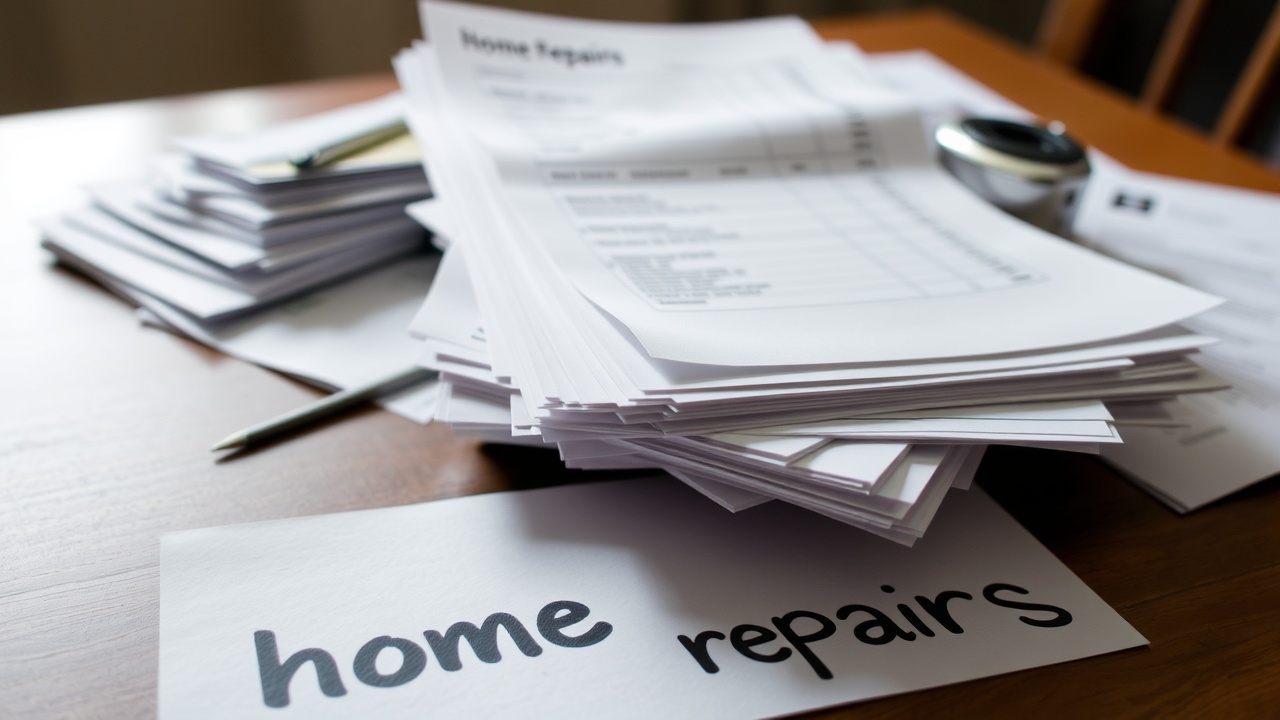Can I Write Off Home Improvement Expenses on My Taxes?
Mold remediation is a critical process for homeowners and property managers alike, particularly when dealing with toxic mold that poses health risks. However, many homeowners wonder if the costs associated with mold removal are tax deductible. Understanding the intricacies of tax law, especially IRS guidelines, can help you maximize your financial benefits when dealing with such expenses.
Understanding Mold Remediation Costs
The cost of mold remediation can vary significantly based on the extent of the damage and the area affected. Homeowners may incur expenses related to mold removal, repairs, and necessary improvements to restore their residence to a safe condition. These costs can be substantial and may lead you to question whether they qualify as a tax deduction.
IRS Guidelines on Mold Remediation
According to the IRS, the ability to deduct costs related to mold remediation largely depends on the nature of the expense. The IRS distinguishes between repair costs and capital improvements. A repair, which restores a property to its original condition, is often deductible, while improvements that enhance the property’s value are considered capital expenses.
For instance, if mold remediation is necessary due to water damage from a leak, the associated costs may qualify as a deduction if they are deemed ordinary and necessary expenses. However, if the remediation results in an improvement to the property, such as upgrading structural integrity or increasing the value of your home, these costs may need to be capitalized and depreciated over time.
Qualifying for Mold Remediation Deductions
To determine whether your mold remediation expenses are deductible, consider the following:
- Was the mold damage a result of a sudden event, such as a leak or flood?
- Did the remediation restore the property to its original condition without enhancing its value?
- Are the costs directly related to maintaining a rental property?
If you answered yes to these questions, you may be able to deduct the costs associated with mold remediation. Additionally, the IRS has issued a private letter ruling that provides specific guidance on these types of expenses.
Mold Remediation in Rental Properties
If you’re a landlord, the rules regarding business expenses can be different. Mold remediation costs incurred for rental properties are generally considered ordinary and necessary business expenses, making them fully deductible. This can significantly impact your tax filings, so it’s advisable to consult with a tax professional or accountant to ensure compliance with IRS regulations.
Conclusion
In summary, whether mold remediation costs are tax deductible depends on various factors, including the nature of the expense and the context in which it was incurred. Homeowners should keep thorough records of all expenses related to mold removal and consult with a tax professional to navigate the complexities of tax deductions. By understanding the difference between repairs and capital improvements, you can make informed decisions that will benefit you financially.
Always remember to check the most current IRS guidelines or consult an accountant, especially as regulations may change or be interpreted differently each tax year.
